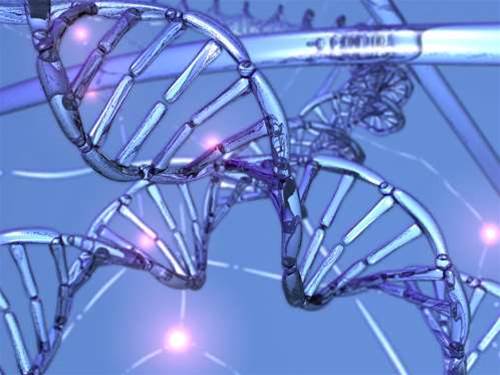
The system will provide police authorities with instant access to the data and allow them to exchange information, such as DNA and fingerprint data, car registration details and driving licence information, to tackle trans-national crime, immigration issues and terrorism.
Home Office minister Joan Ryan welcomed the plans. “Criminals do not respect borders,” she said.
“It is vitally important that our law enforcement authorities have the tools to obtain information held by other EU countries as quickly as possible to help with the investigation and prevention of crime.”
However, there was strong criticism from opposition MPs. David Davis, the Shadow Home Secretary, accused the Home Office of incompetence and said that the Conservative party strongly opposed the agreement, which was backed by European ministers in Luxembourg yesterday.
“It is typical of incompetent Home Office ministers to give away powers like this without thinking through the consequences. How exactly will our European counterparts ensure that the personal details of British citizens remain safe?” he asked.
Tory MEP, Syed Kamall, added: “We are sleepwalking into Big Brother Europe while our government stands idly by.”
Some MPs also criticised the timing of the agreement, known as the Treaty of Prum, before the publication of new proposals on data protection, which are not due to be released until the end of the year.
In April, the EU data protection supervisor slammed proposals to implement the Treaty of Prum into EU policy. Peter Hustinx criticised the plans and warned that members of the public would have insufficient protection against their information falling into the hands of governments and criminals.
Hustinx also stressed that the treaty should enforce a cut-off period for countries holding information.
The UK’s DNA database is believed to be the largest in the world. This is partly because, unlike most EU countries, the UK gathers and stores data from everyone arrested, whether they are charged or not.




_(28).jpg&h=140&w=231&c=1&s=0)
_(23).jpg&h=140&w=231&c=1&s=0)




_(26).jpg&w=100&c=1&s=0)
 iTnews Executive Retreat - Security Leaders Edition
iTnews Executive Retreat - Security Leaders Edition












_(1).jpg&h=140&w=231&c=1&s=0)



